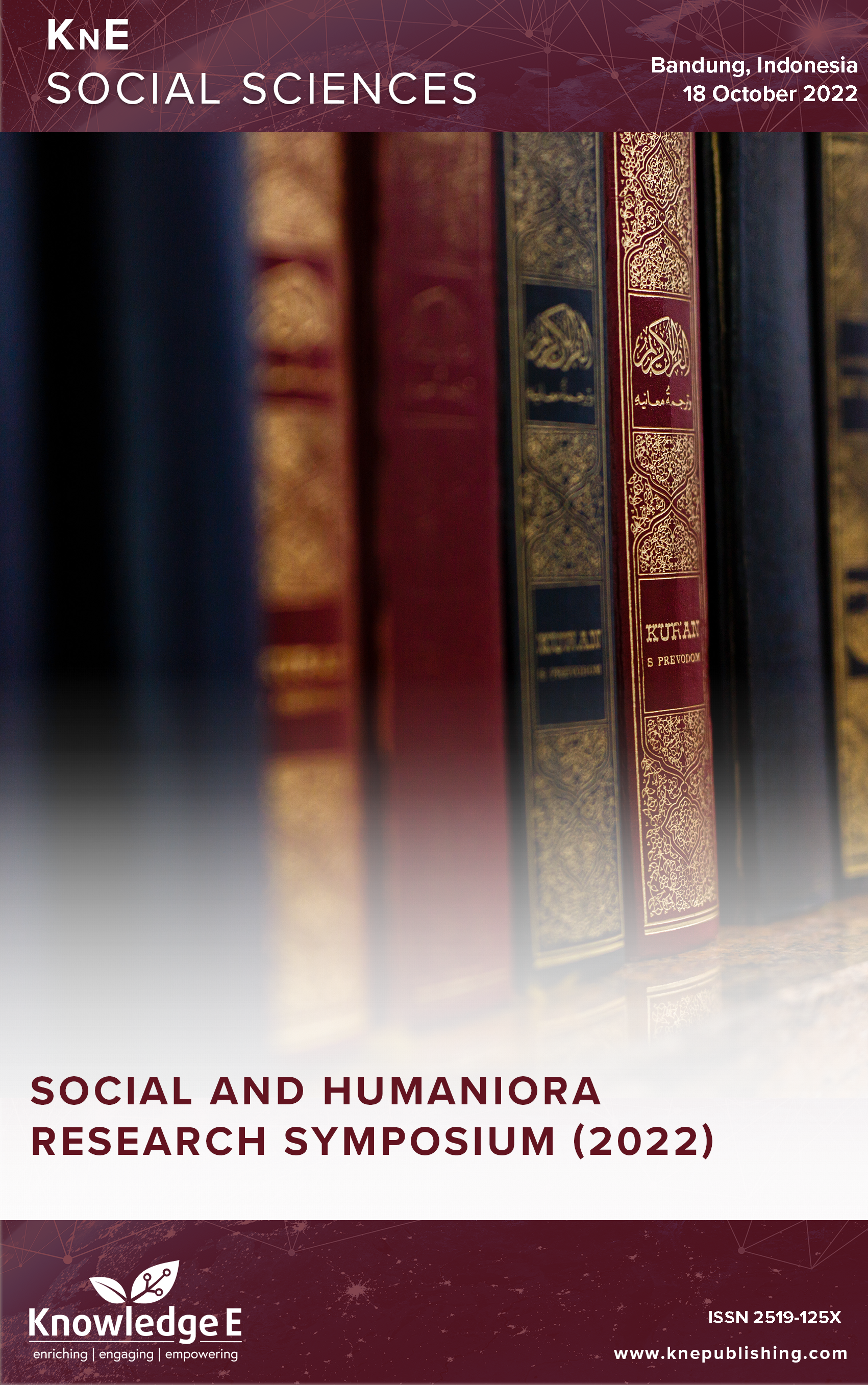Combatting Terrorism in ASEAN
DOI:
https://doi.org/10.18502/kss.v8i18.14373Abstract
This study aims to determine the strategic policy in facing the shifting scale of the threat of criminal acts of terrorism as an effort to build security in the Asean Region, because terrorism has become a non-traditional security issue adding to the complexity of geopolitical security discourse and the balance of power. The initial finding in this study is the emergence of a shift in the scale of the threat of terrorism in Southeast Asia as a second front after the Middle East so that collective security sees the state standing for a common goal following the same rules and creating peace. The challenges of regionalism to the development of terrorism must be overcome effectively because it is related to maintaining regional stability and the aspiration to make ASEAN a region free from the threat of terrorism. This study used normative legal research, the target of research materials is secondary data, especially legal materials that are secondary and tertiary (in the form of legal information materials), which are then analyzed qualitatively in the sense of formulating justification through the quality of the legal norm itself, expert opinions/doctrine, and supporting legal information.
Keywords: scale of terrorism, Asean, security
References
[2] Syafii A. Upaya Pencegahan dan Penanggulangan Tindak Pidana Terorisme di Indonesia. Maleo Law Journal. 2017 Oct;1(2):168–186.
[3] Tjarsono I. Isu Terorisme dan Beban Ancaman Keamanan Kawasan Asia Tenggara Pasca Runtuhnya WTC –AS. Transnasional: Jurnal Ilmu Hubungan Internasional. 2012 Jul;4(1):1–10.
[4] Prasetyo MA. “Reformulasi Kebijakan Keimigrasian Dalam Menangggulangi Masuknya Paham Terorisme/Radikalisme Ke Wilayah Indonesia.” https://www.academia.edu/ 41052882/Reformulasi_Kebijakan_Keimigrasian_Dalam_Menangggulangi_Masuknya_Paham_Terorisme_Radikalisme_Ke_Wilayah_Indonesia, 2019.
[5] Heniarti DD. Ironi Hukum yang Tidak Dapat Dibeli dan Mliter yang Disegani. Arsad Press; 2013.
[6] Stern J. The ultimate terrorists. Harvard University Press; 2000.
[7] Harmon CC, Feldman MD. Terrorism today. Routledge; 2007. https://doi.org/10.4324/9780203933589
[8] Yudhoyono SB. Selamatkan Negeri Kita dari Terorisme. Jakarta: Kementerian Koordinator Polkam; 2002.
[9] Leifer R. Understanding organizational transformation using a dissipative structure model. Hum Relat. 1989 Oct;42(10):899–916.
[10] Emmers-Sommer TM. The effect of communication quality and quantity indicators on intimacy and relational satisfaction. J Soc Pers Relat. 2004 Jun;21(3):399–411.
[11] Yuzawa T. Japan’s security policy and the ASEAN Regional Forum. Routledge, 2007. https://doi.org/10.4324/9780203964972
[12] Fahroy CA. ‘Hak Eksklusif’ Negara Berdaulat di Batas Imajiner Berdasarkan Prinsip Kedaulatan Wilayah dan Hukum Keimigrasian. Jurnal Wawasan Yuridika. 2018 Sep;2(2):116–126.
[13] Situngkir DA. Eksistensi Kedaulatan Negara dalam Penerapan Yurisdiksi Mahkamah Pidana Internasional. Lex Librum: Jurnal Ilmu Hukum. 2018 Jun;4(2):659–672.
[14] Ganor B. Global alert the rationality of modern Islamist terrorism and the challenge to the liberal democratic world. Columbia University Press; 2015.
[15] Yuniarti A. “Implementasi Mekanisme Regional Asean Dalam Penanggulangan Masalah Terorisme Di Asia Tenggara. Jurnal Diplomasi Dan Keamanan.” Jurnal Diplomasi dan Keamanan. 2010;2(1):23–40.
[16] Arayunedya S., “Titik Berangkat Strategi Keamanan Nasional.” Societas Dei: Jurnal Agama dan Masyarakat. 2021 Apr;8:1(1–6). https://doi.org/10.33550/sd.v8i1.235
[17] Fredayani E, Adibrata JA, Khairi NF. Alasan Pembentukan Kerja Sama ASEANAustralia dalam Menghadapi Isu Terorisme. Insignia: Journal of International Relations. 2019 Nov;6(2):94–105.

